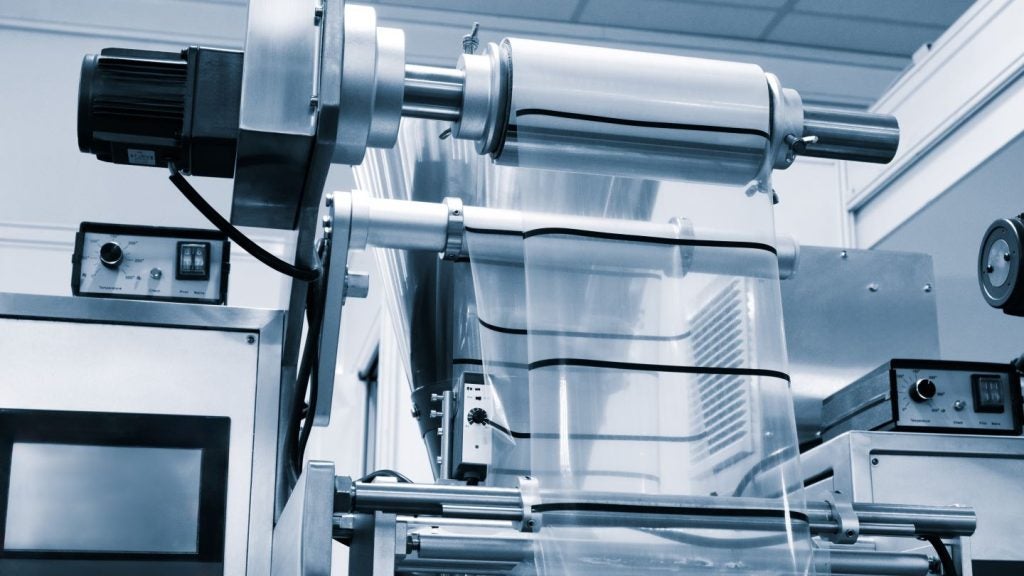Cross-industry European initiative RecyClass has approved a new range of nitrocellulose-free inks for use in surface and reverse printing on flexible plastic packaging.
The approval came after testing confirmed that the inks are compatible with existing polyethylene (PE) and polypropylene (PP) recycling streams.
RecyClass evaluates the recyclability and traceability of plastic materials and is recognised by the Circular Plastics Alliance as an official audit framework.
The organisation’s PO Films Technical Committee led a test programme based on the Recyclability Evaluation Protocol for PE films.
The programme examined four polyurethane (PU)-based ink technologies alongside one acrylic-based solution.
The inks did not negatively affect the quality of recycled pellets or resulting films.
No drop in colour stability was observed, and the trials did not register any increase in volatile emissions during processing.
A separate sample using polyvinyl butyral (PVB)-based ink showed comparable performance.
RecyClass has determined that PU and PVB inks are fully compatible with current PE and PP recycling streams.
The group will now revise its Design for Recycling guidelines to reflect the conclusions from the study.
At the same time, the organisation has restated its guidance that ink coverage on packaging should remain below 5% of the total weight in order to minimise potential negative effects on recycling.
GS Caltex recently became the first company in Asia to secure RecyClass certification for its end-of-life vehicle plastics recycling value chain.
By 2025, the system is expected to cover more than 60% of the European plastics recycling sector and is widely referenced as an international benchmark for circular plastics, as reported by The Korea Herald.









